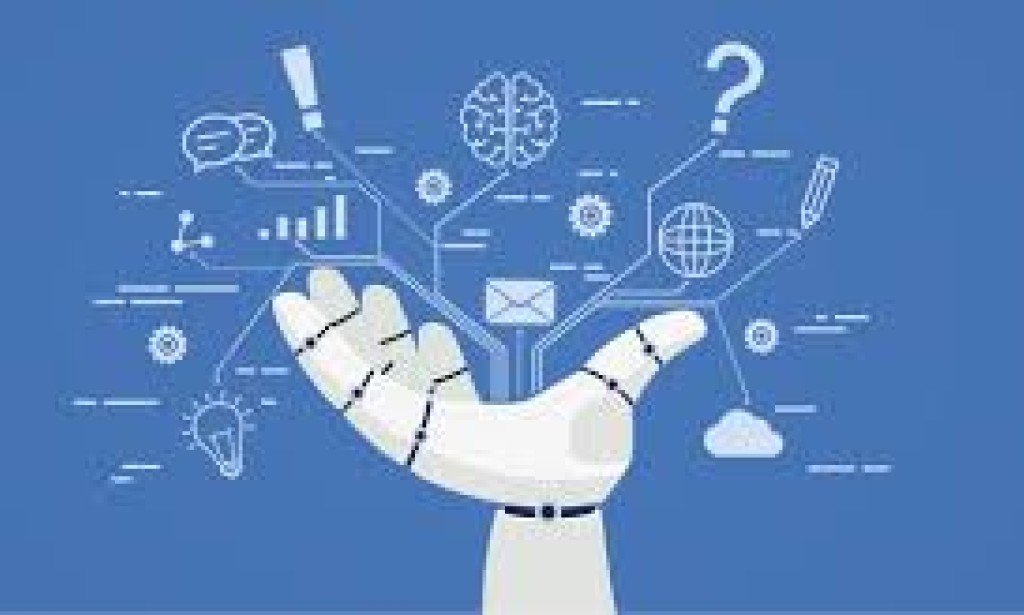**Title: The Transformative Power of Artificial Intelligence and Automation**
In the landscape of technological advancement, two forces have emerged as catalysts for change: Artificial Intelligence (AI) and Automation. These twin technologies are revolutionizing industries, reshaping economies, and redefining the way we live and work. As we stand at the cusp of a new era, it's imperative to explore the nuances, benefits, challenges, and potential implications of AI and automation.
**The Rise of Intelligent Machines:**
Artificial Intelligence, once confined to the realm of science fiction, is now an integral part of our reality. AI systems learn from data, recognize patterns, and make informed decisions, often surpassing human capabilities in complex tasks. From self-driving cars to medical diagnoses and personalized shopping recommendations, AI is transforming industries across the board. Its ability to process and analyze massive datasets with unparalleled speed is revolutionizing research, finance, healthcare, and manufacturing.
**Automation: A Paradigm Shift in Workflows:**
Automation, closely intertwined with AI, is streamlining workflows and optimizing processes. Repetitive and mundane tasks that once occupied human resources are now delegated to machines. This shift is freeing up human talent to focus on creativity, innovation, and tasks that require emotional intelligence and critical thinking. Industries like manufacturing, logistics, and customer service are experiencing increased efficiency and reduced human error due to automation.
**The Benefits:**
The amalgamation of AI and automation offers a multitude of benefits. Improved efficiency leads to increased productivity, reduced costs, and enhanced customer experiences. AI-driven insights enable businesses to make informed decisions, target niche markets, and predict trends. Automation minimizes human error and ensures consistency in tasks that demand precision. Additionally, in healthcare, AI-powered diagnostics can potentially lead to earlier disease detection and personalized treatment plans.
**Challenges and Ethical Considerations:**
As AI and automation become more prevalent, ethical considerations and challenges surface. Questions regarding job displacement arise as routine tasks become automated. The need for upskilling and reskilling the workforce to adapt to the evolving job landscape becomes essential. Ensuring data privacy and preventing algorithmic bias are significant challenges to address, as AI systems learn from historical data that may contain inherent biases.
**Shaping a Sustainable Future:**
To harness the full potential of AI and automation, a balanced approach is required. Governments, industries, and educational institutions must collaborate to ensure that the benefits are accessible to all, without exacerbating societal inequalities. Investing in education, research, and the development of AI ethics frameworks is pivotal in shaping a sustainable future.
**The Path Forward:**
Embracing AI and automation requires us to rethink traditional paradigms and redefine our roles in the workforce. While some jobs may be displaced, new opportunities will arise in fields like AI development, ethics, and maintenance. By embracing a proactive approach to adapting and learning, individuals can thrive in this technological revolution.
In conclusion, Artificial Intelligence and Automation are not just technological advancements; they are transformative forces that have the potential to reshape societies and economies. As we navigate this era of innovation, it is crucial to strike a balance between technological progress and human well-being. By leveraging the power of AI and automation responsibly, we can build a future that is efficient, inclusive, and sustainable.


You must be logged in to post a comment.